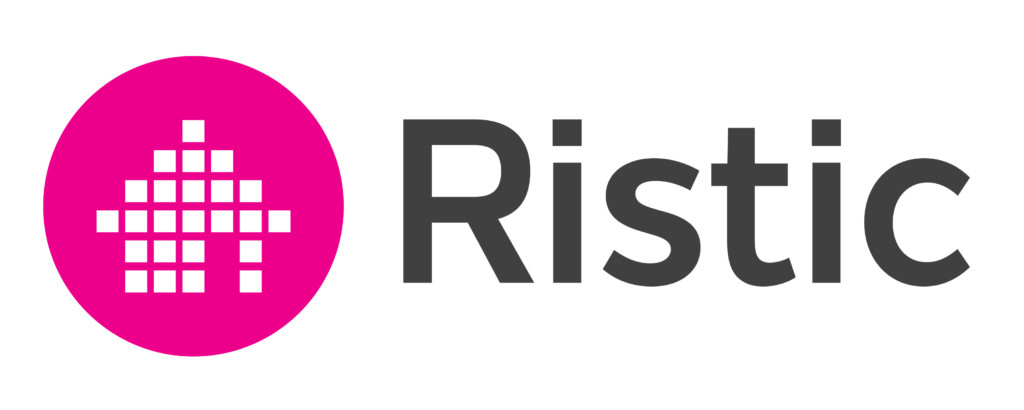| Landlord Insurance Explained
Protecting your investment property is crucial, and among the various insurance policies to consider, landlord’s insurance stands out as one of the most important. Your rental property holds significant value, making it essential to ensure proper protection.
Landlord’s insurance provides coverage for a range of scenarios, including loss of rent, theft, malicious damage, fire, flood, storm damage, and other natural disasters. It safeguards you against potential financial losses caused by tenants who damage the property or fail to pay rent.
But why is landlord insurance necessary if you already have a bond from the tenant? While the bond typically amounts to only four weeks’ rent, it may not suffice to cover extensive property damage. Moreover, standard home insurance usually excludes rental-related issues such as loss of rent or damage caused by tenants. Relying solely on the bond can lead to costly legal proceedings, leaving you with hefty bills and no guarantee of recovering the expenses.
Do you still need home insurance in addition to landlord insurance? In most cases, no. If your landlord insurance policy includes building and contents coverage, you won’t require a separate home insurance policy. However, if you opt for tenant protection insurance alone, be aware that it may not cover building damage. Carefully review the product disclosure statement and definitions to understand the extent of your coverage.
Landlord insurance essentially fills the gaps left by other types of insurance, providing comprehensive protection tailored to the specific needs of property owners. When insuring the building, it’s advisable to cover its entire value to ensure full compensation in the event of destruction. Settling for partial payouts due to inadequate coverage could result in substantial financial losses reaching hundreds of thousands of dollars.
The cost of landlord insurance varies based on factors like the property’s location, whether you employ a property manager or handle the property management yourself, rental income, furnishings, and the size of the home. Contacting an insurance provider or visiting their website can provide you with a quick approximate quote. However, it’s crucial to carefully read and understand the policy’s exclusions outlined in the product disclosure statement. Certain situations may be excluded from coverage, so it’s essential to be fully aware of the terms and conditions.
Safeguarding your investment property through comprehensive landlord insurance offers peace of mind and financial protection. By choosing the right coverage and understanding the policy details, you can mitigate risks and ensure the long-term security of your valuable asset.
Disclaimer: Although all care is taken. We do not give any warranty whatsoever to the accuracy of any content. This is not meant to be financial or professional advice and is only of general nature. You must seek professional advice before taking any actions. The above information comes with no warranties whatsoever. We take no responsibility for any actions you may or may not take. All content is of general nature only and is NOT to be taken as advice whatsoever
